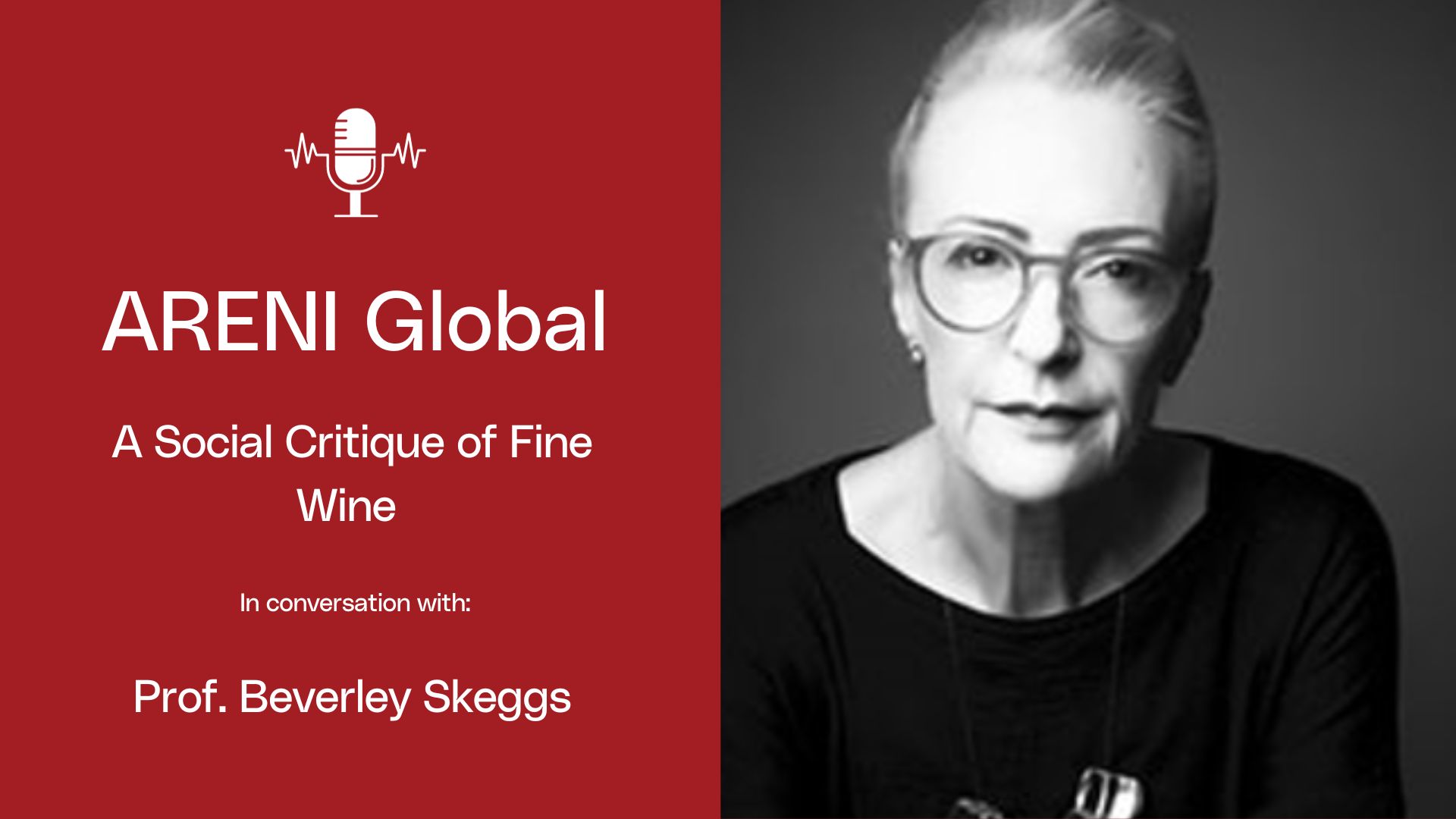Podcast – A Social critique of Fine Wine – In conversation with Prof. Beverley Skeggs
Dr Skeggs is one of the foremost sociologists in the world, addressing the multi-dimensional nature of inequality at the London School of Economics and University of Lancaster.
Building on Pierre Bourdieu’s concept of Cultural Capital and Distinction, we re-visit the concept of personal taste and how culture (including food and wine) can be seen as a device to classify people.
In a rush? Here are four takeaways:
Could we say that our inner distinction of “Fine Wine” is used to classify and cast out not only a category of products, but a category of individuals? Do we culturally use wine to triage people or worse, to establish power over them by reproducing codes that they are not able to master?
It highly depends of your culture of origin. Culture shows up in various different national manifestations, with a particular difference between France and the USA, and each country uses culture to be inclusive – or cast people out. While the US seemingly welcomes everyone, it comes at a high price tag; money is the barrier. However, in France, mastering the cultural codes (how to dress, how to stand, what to drink, how to talk) are key to inclusion:
“It’s the never ending battle between Bourgeois and Aristocrats, you can have all the money in the world, if you don’t have the cultural code, you still don’t truly belong.“
Is knowledge enough? Could an “outsider” really get in?
There is a difference between simply having knowledge and how you implement or even live it. That is what Bourdieu refers as Habitus: the socially ingrained habits, skills and dispositions. It is not only knowledge but the way that individuals perceive the social world around them and react to it, how it’s embedded in their body and mind, and how a group of people with the same background see the social world and react to it.
“It’s the learning of culture over time that becomes really significant. So, if you are not brought up with an understanding of what fine wine is, you can learn about it of course, but it’s not embedded in you. With all the knowledge in the world, you might not have come across situations and experiences that would allow you to acquire the confidence and ingrained codes you need to be ” at the same level” of someone that has grown up in such environment.”
How can we overcome Fine Wine’s stigma of being only for the white upper class?
By finding ways for people to feel more comfortable with it. Some “outsiders” will naturally feel more comfortable and needs to be nurtured: their role will be to open doors for others.
“I think one of the big barriers is the word ‘fine.’ Because ‘fine’ has a really particular history of exclusion. The other is pretentiousness, in culture like the UK, being seen as a snob is really a middle-class fear”
What can marketers learn from sociologists?
There are really two different classes now: the elite and a combined working/middle class. But within those classes, differences are incredibly important. It’s paramount to look at the relationship between and amongst classes, and understand the difference between what people say about class and how they actually live it.
“When I hear marketers talking about “persona”, working only with six “customer profiles” based on socio-economic criteria, I don’t think it’s enough to understand particular behaviours. Local knowledge is incredibly important even in this globalised world.”
Our research, publications and events are only possible thanks to people like you. If you are in the capacity to do so, please consider supporting ARENI.

